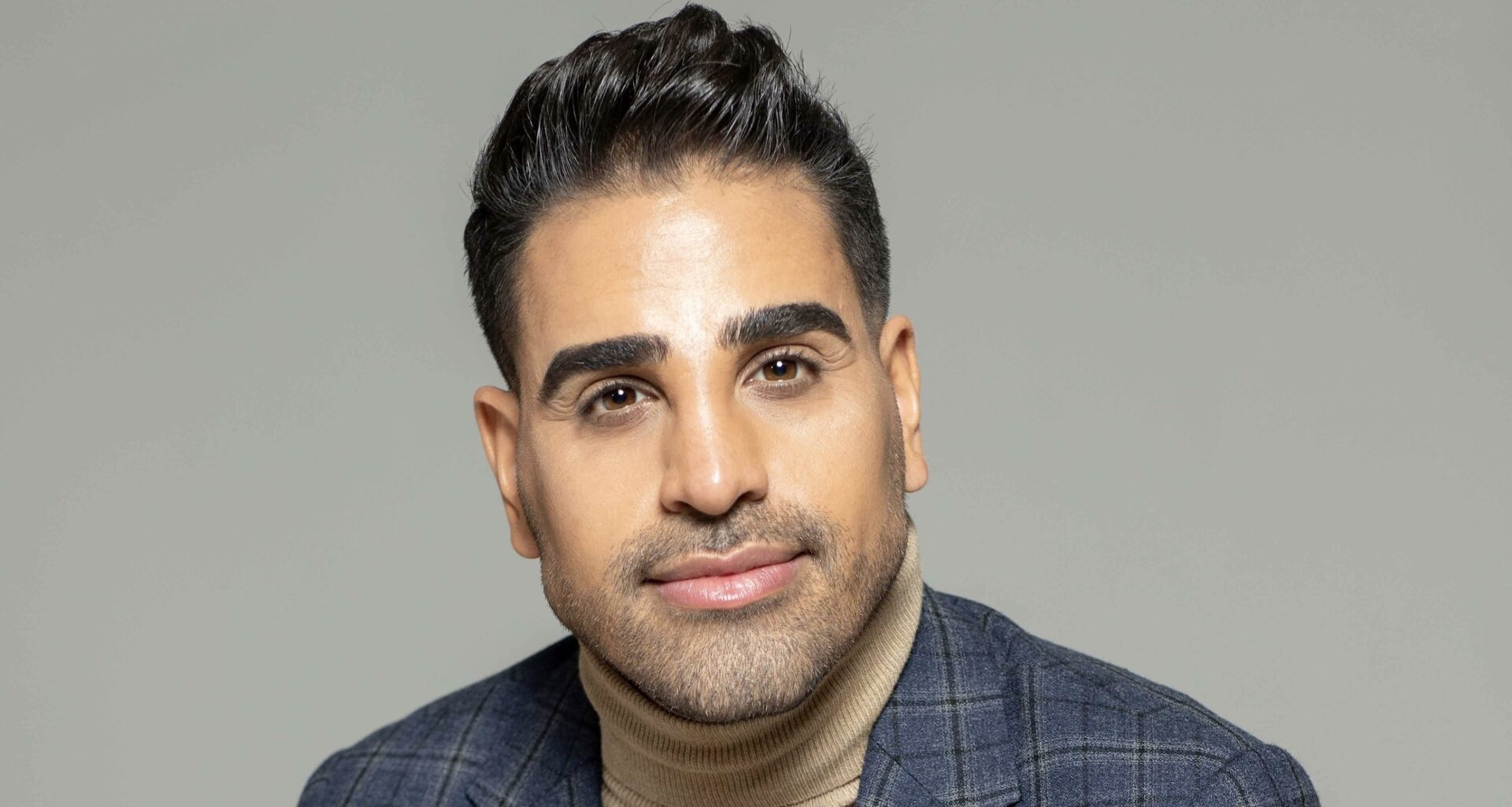‘Is it time to redefine queer joy without alcohol?’: Dr Ranj on when to rethink drink
As those of us who took Dry January into February - and are wondering how to approach March - the TV doctor is also rethinking drink

I went to a friend’s brunch recently, and as usual, the conversation, laughter, and of course, alcohol were flowing. Gatherings like this don’t just help reaffirm my relationship with
the community, but they bring me immense joy. It’s true: gays have so much more fun! But it’s the aftermath that has become increasingly problematic for me.
Long gone are my twenties when I didn’t get hangovers. Now that I’m in my forties, not only do I feel as rough as a badger’s backside after indulging too much, but my anxiety goes through the roof. This is such a common experience that it even has its own name: hangxiety. My last bout was so severe that it made me question whether it was time to cut back drastically or give up altogether — something I never thought I’d say. Am I getting old… or, dare I say it, boring?
The relationship that LGBTQ+ people have with alcohol is complex. For decades, queer communities have found connection and solidarity in spaces where alcohol flows freely. Queer bars and clubs have served as vital havens for self-expression, activism and belonging in a world often fraught with rejection.
“Stepping away might be an act of profound self-care”
But as these spaces remain central to queer culture, there’s growing recognition of the darker side of alcohol consumption — and why stepping away from it might be an act of profound self-care.
Today, alcohol is woven into our social rituals, from Pride parades to drag brunches. While these events celebrate visibility and joy, the sobering truth is that LGBTQ+ individuals are statistically more likely to engage in heavy drinking than their heterosexual peers. For many in the queer community, alcohol can feel like a refuge — a way to numb the pain of discrimination, rejection or societal pressures. It’s often a social lubricant, a way to ease anxiety in a heteronormative world. However, alcohol can deepen struggles, with heavy drinking linked to heightened rates of depression and anxiety, challenges LGBTQ+ people already face on a disproportionate level.
And then there are those who become so dependent that it starts to impact their lives. As a starting point, anyone who feels they might be slipping into this side of things should Google and answer the questions on the CAGE questionnaire to gauge if it is time to seek professional help. Breaking the cycle of problematic drinking can be truly transformative for some, and your doctor is the first place to start.
Fortunately, as well as traditional health services, there are a range of organisations that provide support, including Drinkaware and Alcohol Change UK. There are also apps that have been developed to help, such as Curb, which was founded by Dr David McLaughlan, a consultant psychiatrist in the UK.
So is it time to redefine queer joy without alcohol? Sobriety allows LGBTQ+ individuals to reclaim control and prioritise healing. Alcohol-free socialising fosters genuine connection, encouraging exploration of alternative spaces like sober Pride events or queer wellness groups. The rise of sober movements highlights a cultural shift, proving that Pride and joy can flourish without a drink in hand.
It’s definitely something that I — and some of my friends — am giving serious consideration to. Even if we don’t give up completely, we’ll probably cut down at the very least. And when it comes to reducing your alcohol intake, or harm reduction of any sort, every little helps.
